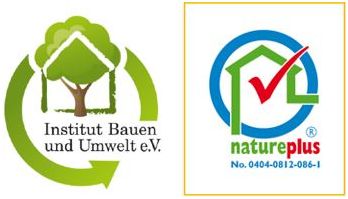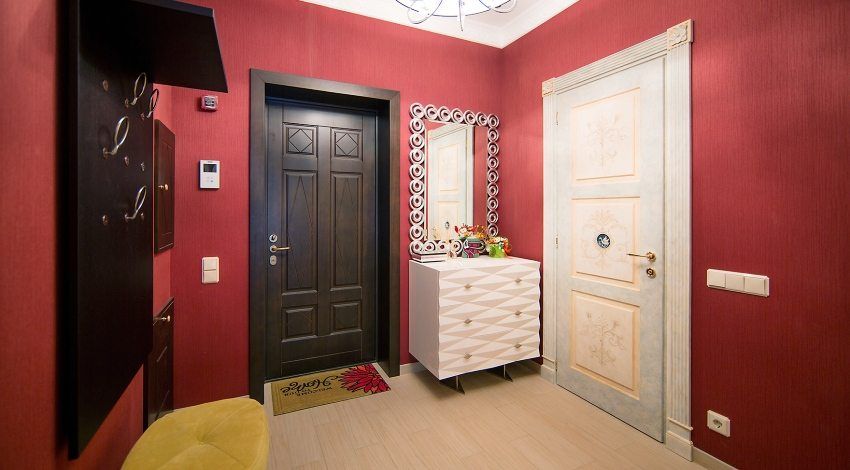Content:
- Chemically pure material
- No radiation
- Caring for the environment
Along with outstanding strength and frost resistance, excellent thermal insulation, low fire hazard and long service life, building materials must be harmless to the environment and to the inhabitants of a building made of these building materials..
Chemically pure material
Only natural ingredients are used in the YTONG aerated concrete block production technology: sand, lime, cement and water. The porosity of the block is given by an aluminum paste. During the manufacturing process, aerated concrete does not emit hazardous substances. This is confirmed by state quality certificates issued to manufacturers of building materials in different countries..

YTONG aerated concrete blocks are suitable for use in the construction of so-called “green buildings” that meet the requirements of the international certification systems LEED and BREEAM.
No radiation
The radioactive background of aerated concrete blocks, as confirmed by state examinations, is lower than other building materials made of stone, ceramics and concrete. Therefore, the blocks belong to the first class of building materials suitable for any housing construction..
Caring for the environment
In the manufacture of building materials from aerated concrete, a strict environmental policy has been adopted in these aspects:
-
maximum energy efficiency;
-
maximum reduction of emissions into the atmosphere;
-
reducing the volume of waste discharged;
-
reduced water consumption.
The plant does not discharge industrial wastewater. A water circulation system operates on it, and all water after cooling the equipment and washing the equipment is used as a raw material ingredient for the production of aerated concrete blocks.

Industrial waste enters the secondary production cycle or is processed into granules, which contributes to a cleaner environment.
Construction waste generated from YTONG building materials does not spread gases or other compounds that can pollute the environment.

